Alzheimer’s disease (AD) is a progressive and irreversible dementia where the brain is unable to transmit signals properly due to the death of the brain’s nerve cells. Its symptoms usually include forgetfulness, abstract thinking, poor judgment, communication problem, impaired memory, and confusion.
Are there different types?
The most known types of Alzheimer’s disease are:
I. Early-onset:
Those suffering from Down syndrome are particularly at the risk of developing this Alzheimer’s stage due to premature aging. Actually, it is studied to occur due to a genetic problem related to chromosome 14. Although there are other symptoms of the disease too apart from those related to the brain, the early-onset patients (below 65) are found to develop significant brain abnormalities. These patients who account for less than 10% of all the Alzheimer’s sufferers are usually between their 40’s and 50’s when they start showing the first signs. Spasm and muscle twitching, which is called myoclonus, is another common condition observed in such patients.
II. Familial Alzheimer’s disease (FAD):
Researched to be an entirely hereditary type, it is found to be tremendously rare among the disease sufferers and account for less than 1% considering all the cases till date. Often occurring in the 40’s, FAD needs at least two generations affected by the disease.
III. Late-onset:
Also called as sporadic Alzheimer’s disease, this type may or may not be inherited from parents. However, it generally attacks almost 50% of the population above the age of 85. Besides, it is known to be the most common type of the disease raking in approximately 90% of the cases.
How are the symptoms described?
The patient may have different symptoms according to his stage of the Alzheimer’s disease.
Later stage
This is a very difficult period for the patient as he is not able to look after himself at all. Problems could differ from inability to recognize even closed ones and family members to difficulty in swallowing food and walking to lack of ability to smile.
Middle stage
Any person entering this stage is required to be cared and paid close attention to at all times. Some of the common symptoms include:
- Wandering for no reason
- Fantasizing and experiencing nightmares
- Being unable to complete daily chores such as eating food, taking bath, wearing clothes, visiting the washroom, etc.
- Strong anger, suspicion, and fear
Early stage
- Experiencing changes in sleep patterns – waking up at night as an owl and sleeping during the day instead or sleeping for long hours than the usual
- Difficulty in recollecting words that are used in everyday life like car, bed, driving, etc.
- Confusion in completing easy tasks such as making a call, brushing teeth, opening taps, etc.
- Unable to recollect recent events or conversations – short-term memory loss
- Quick mood swings
- Disorientation
- Lack of interest in activities or things which were loved before
Which drugs could be prescribed to treat the disease?
While supplements like huperzine A, coenzyme Q10, gingko biloba, and coral calcium have failed in a way to suppress the effect of Alzheimer’s disease, studies reveal that vitamin E (alpha-tocopherol) could very well help in decelerating mental deterioration caused due to the disease.
I. Namenda is an approved drug which helps in regulating glutamate, a brain chemical responsible for memory and learning. It is prescribed to treat moderate to severe stages of the disease.
II. Aricept is the only FDA approved treatment which is prescribed to treat all stages of the disease. For mild to moderate symptoms, Razadyne and Exelon are best used.
III. Namzaric is generally prescribed for those patients who are taking stable dosages of Aricept and Namenda. Actually, Namzaric is an arrangement of the above two treatments and is used to deal with moderate to severe stages.
IV. Cholinesterase inhibitors including Razadyne, Aricept, and Exelon help in controlling the collapse of an important brain chemical called acetylcholine.
There are some medications too that help in curbing the progression of the symptoms:
I. Antipsychotic medications are very risky as they have witnessed increased number of deaths in sufferers with dementia. Having said that, they have proved to be quite helpful in treating aggression, hallucinations, etc.
II. Antidepressants are effective against mood disorders.
III. Anxiolytics are used to control restlessness and anxiety.
Are there any therapies?
Besides vitamin E and supplements, there are some helpful therapies which could be administered to avoid the risk of Alzheimer’s disease.
Sensory therapies
Such therapies are usually related to art and music. They are studied to improve memory, behavior, and mood of the patients through the stimulation of their senses.
Hormone replacement therapy (HRT)
Estrogen, the female hormone, is researched to interfere with the production of an important component in the plaques which could increase the risk of Alzheimer’s disease. HRT can help postmenopausal females to lower the risk.
How to be the caregiver for Alzheimer’s patients?
Caring for an Alzheimer’s patient is not always easy. You need some guidance as provided below:
-
Learning:
Grab a computer or set an appointment with the doctor to rake in as much information as you can about the disease in order to predict the patient’s unusual behaviors and symptoms
-
Getting informed about legal matters:
You should have knowledge about the patient’s desires concerning durable power of attorney, DRN order, etc.
-
Establishing realistic objectives:
Don’t go overboard with your caregiving. Set realistic goals to set yourself up for a success instead of failures
-
Giving yourself time:
It’s important that you allow yourself some time to relax to better provide the care needed for the patient
-
Taking help:
Join a community or group to offer the best help to the patient. Besides, having a support is always motivational
-
Helping to learn by self:
You’re not really helping the patient if you don’t allow him to learn and do his tasks practically. Along with assisting him to do the tasks, also provide him opportunities to do them individually

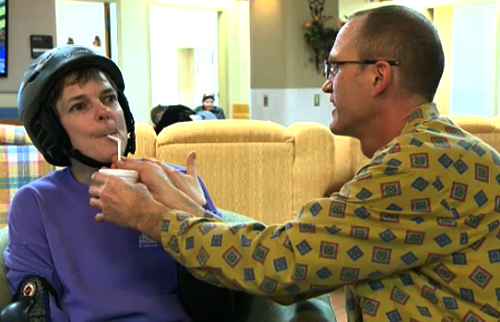
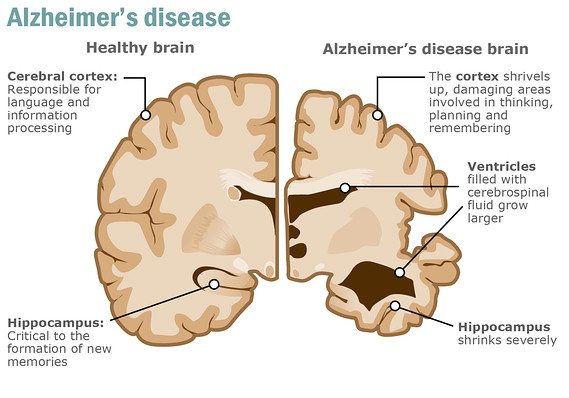

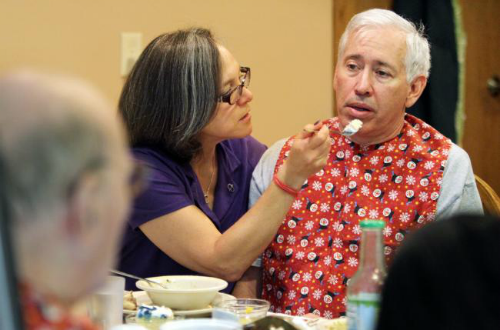


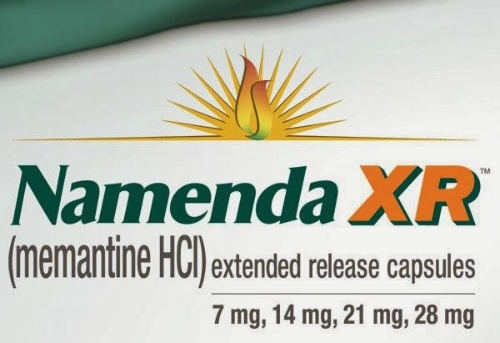

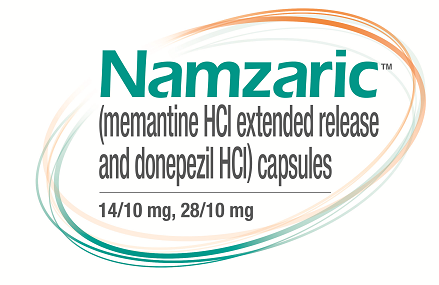
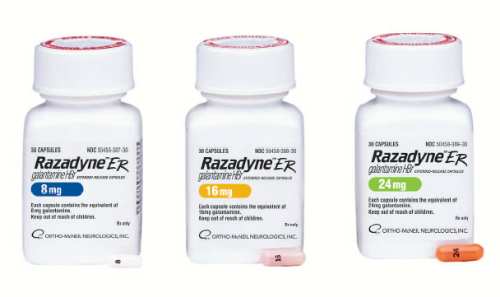



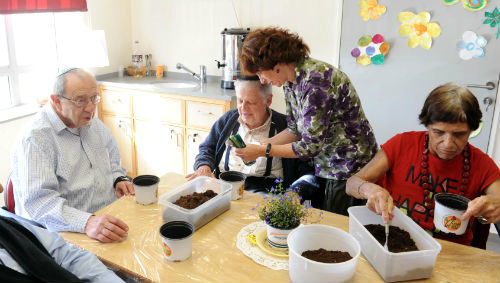


Concise and concrete info is the key.